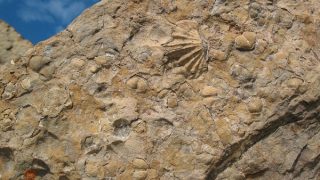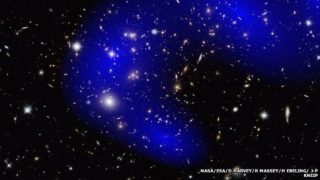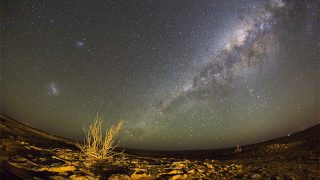
MI weekly selection #126
Humanities & Social Sciences • Science • Technology • Weekly Selection
Diagram shows newly-found giant magma reservoir underneath Yellowstone A huge reservoir of mostly solid hot rock has been found underneath a magma chamber beneath Yellowstone National Park, part of the vast volcanic plumbing of the area diagrammed in a study published in Science. This system has been there for about 17 million years, and scientists […]








